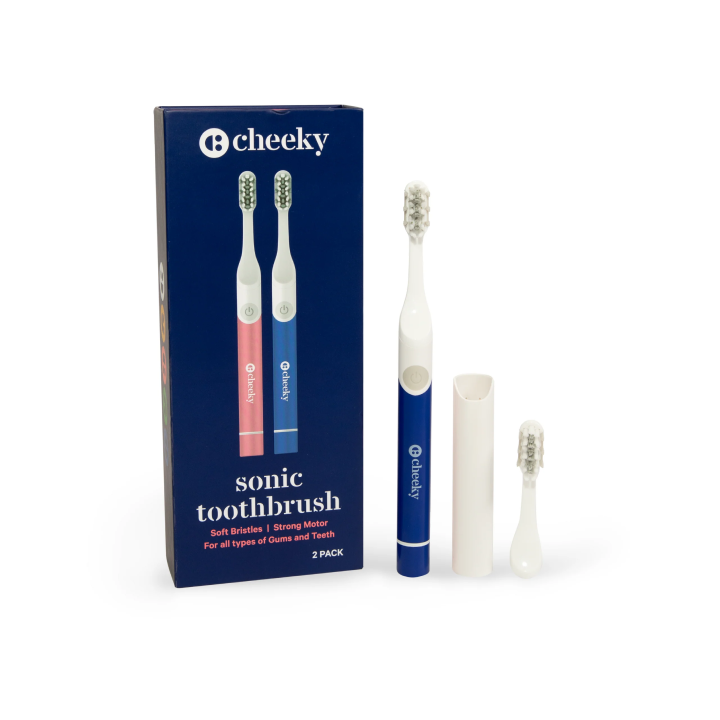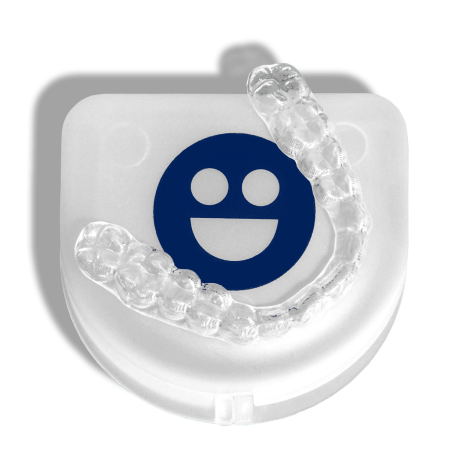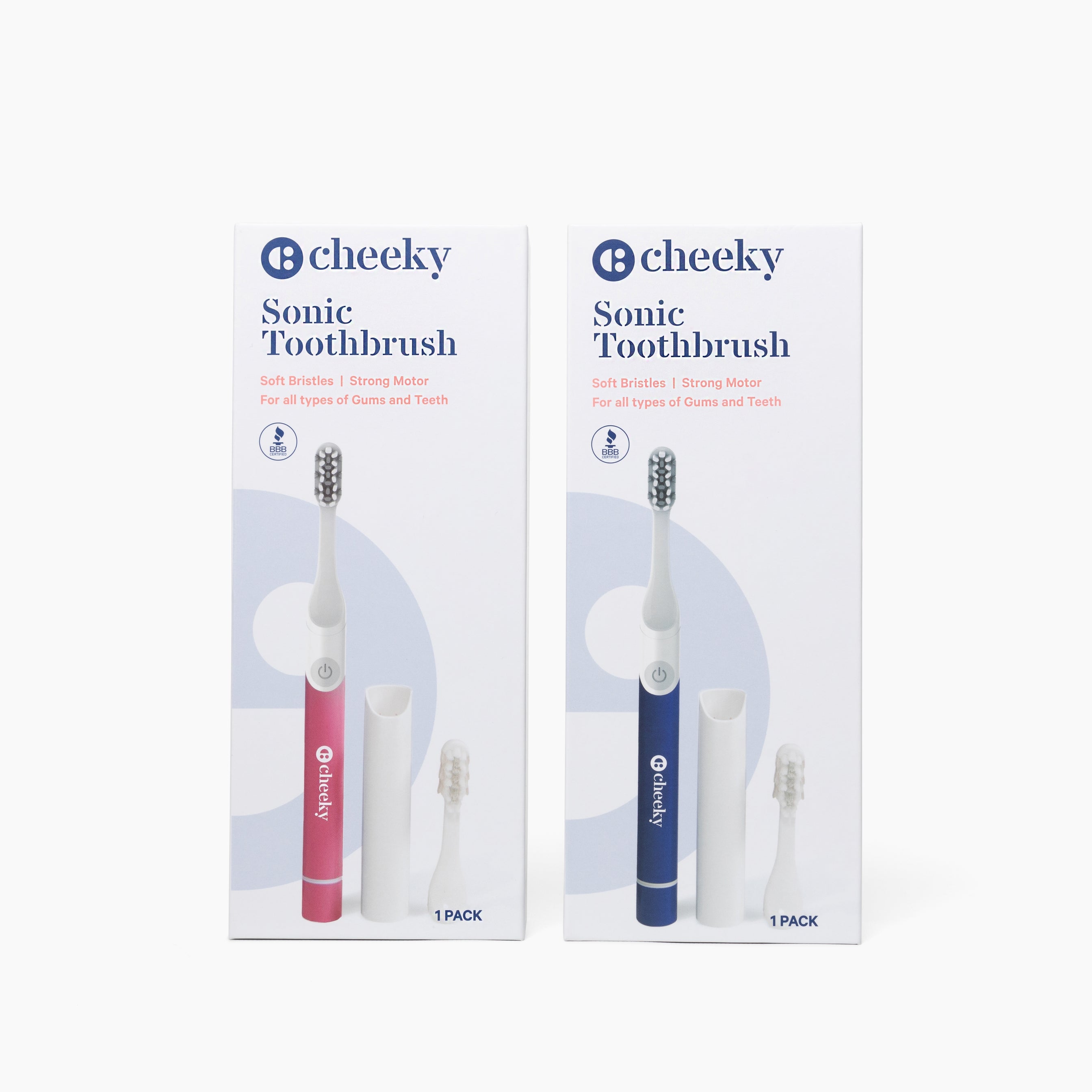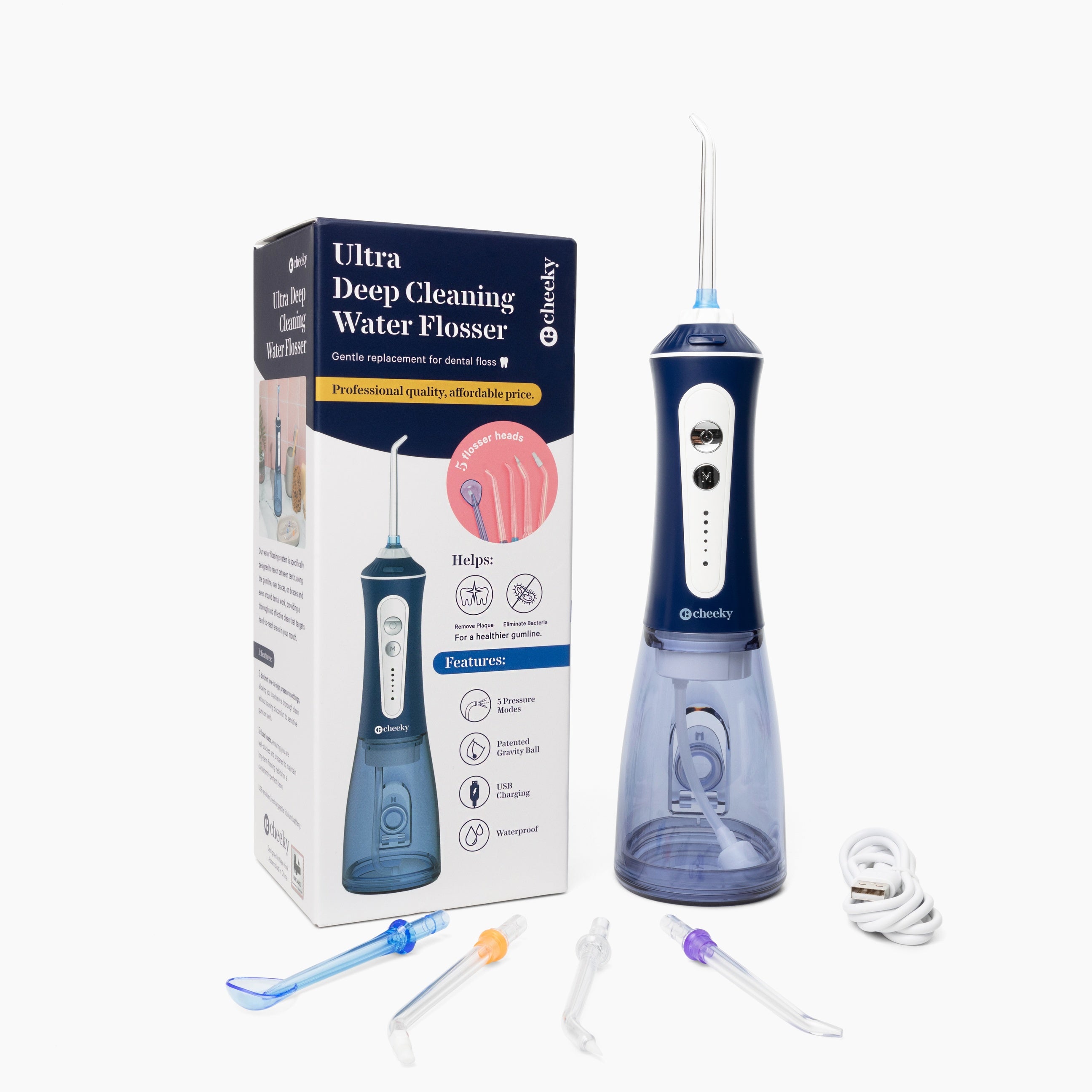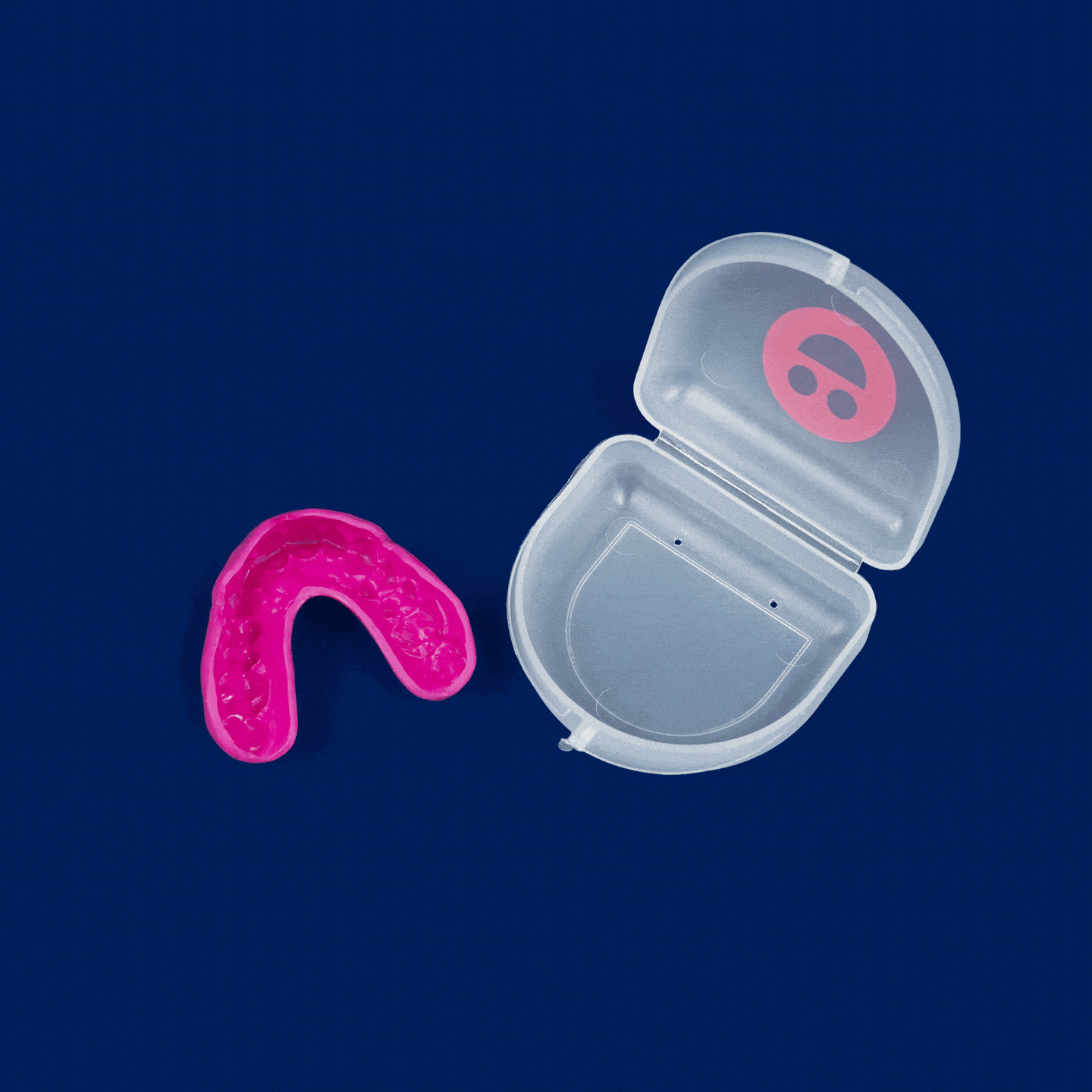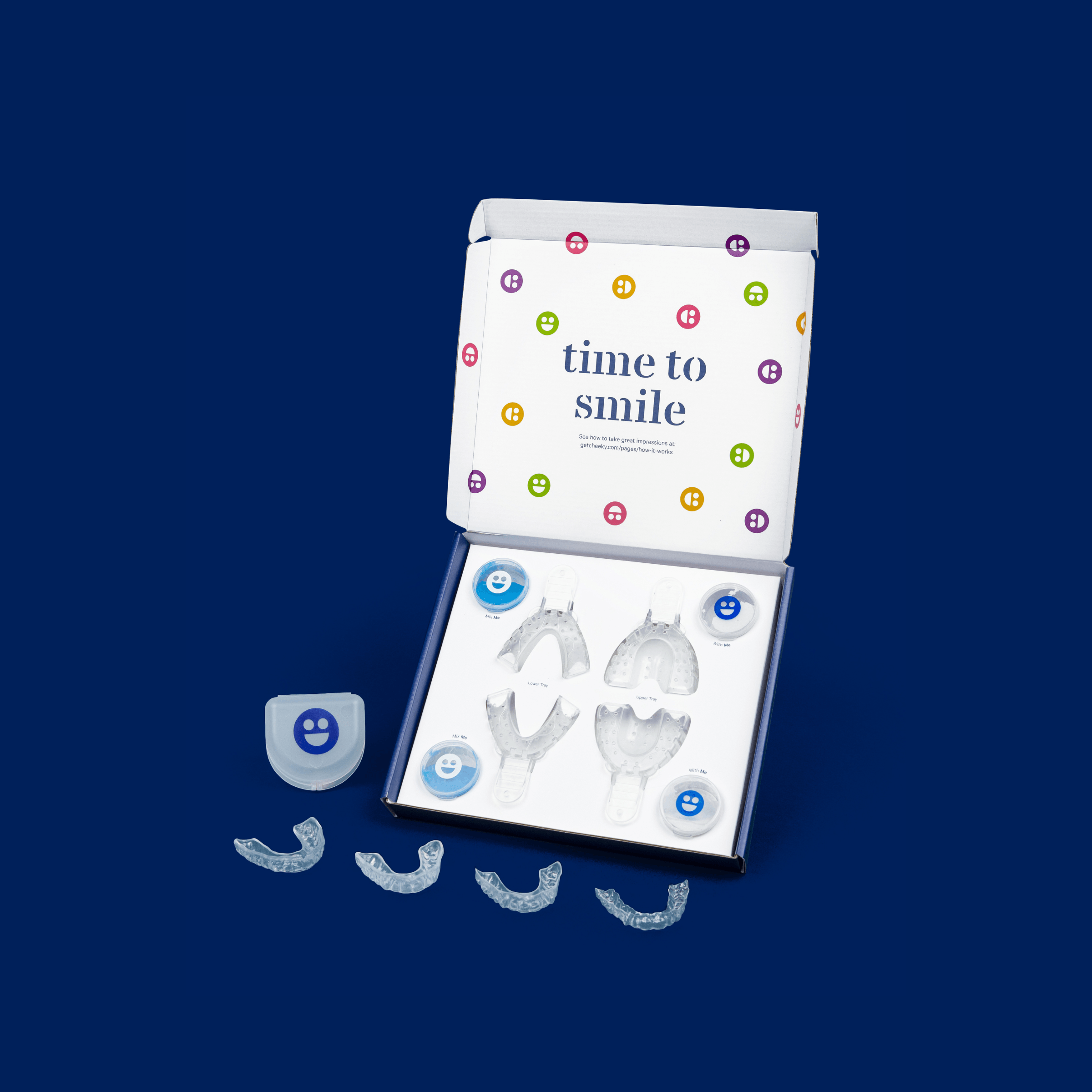Lock jaw, also called trismus, is a condition that affects the way you open and close your mouth. The symptoms of lock jaw can range from mild to severe and can make it difficult to eat, drink, or even talk. There are many possible causes of lockjaw, and treatments vary depending on the cause.
Lock jaw is a condition caused by a misalignment of the jaw or by a problem with the temporomandibular joint (TMJ). The TMJ is the joint that connects the lower jaw to the skull. It is located just in front of the ear. Temporomandibular joint dysfunction and lock jaw are separate conditions.
Treating lock jaw is dependent on the underlying cause. If the cause is due to a misalignment of the jaw, the treatment may involve wearing a splint or bite plate to realign the jaw. If the cause is due to an issue with the TMJ, the treatment may involve taking medication, undergoing physical therapy, or having surgery.
Read on to learn more about lock jaw, its causes, and how it is treated.
What is Lock Jaw?
Lock jaw, or trismus, is a condition that causes the jaw to lock in place. The condition can be painful and make it difficult to open the mouth. Jaw damage, TMJ disorders, and certain medical conditions can cause lock jaw. Treatment focuses on relieving the underlying cause.
What characterizes lock jaw is that the mouth cannot open wide and may even be completely closed. The teeth may be tightly clenched together. There may be a pain in the jaw, neck, or face. The condition can make it difficult to eat, speak, or breathe.
Lock jaw is a symptom, not a condition itself. The underlying cause can vary.
What Causes Lock Jaw?
There are many possible causes of lock jaw, including:
Jaw injury or jaw damage: A blow to the jaw can damage the TMJ, the joint that connects the lower jaw to the skull. This can cause the jaw to lock. Damage to the teeth or jawbone can also cause the jaw to lock. This could be from biting down on something hard, grinding the teeth, or having dental work done.
Teeth grinding: Teeth grinding (bruxism) can put stress on the TMJ and cause the muscles around the joint to tighten. This can lead to lock jaw. Bruxism can occur during the day or at night. It may be caused by stress, anxiety, or other factors. The condition is more common in children and teens, but can occur at any age.
TMJ disorders: TMJ disorders can cause pain and inflammation in the TMJ. This can lead to the jaw locking. TMJ disorders are often caused by stress, teeth grinding, or injury. The TMJ is the joint that connects the lower jaw to the skull.
Medical conditions: There are many medical conditions that can cause lock jaw, including:
- Tumors: Tumors in the mouth, jaw, or throat can put pressure on the TMJ and cause the jaw to lock.
- Infections: Infections in the mouth, jaw, or throat can cause the muscles around the TMJ to tighten. This can lead to lock jaw.
- Stroke: A stroke can damage the nerves that control the muscles in the face. This can cause the jaw to drop and lock.
- Bell's palsy: Bell's palsy is a condition that causes paralysis of the muscles in the face. This can cause the jaw to drop and lock.
- Multiple sclerosis: Multiple sclerosis is a condition that damages the nerves. This can cause the muscles in the face to weaken or paralysis. This can lead to the jaw dropping and locking.
- Guillain-Barre syndrome: Guillain-Barre syndrome is a condition that damages the nerves. This can cause the muscles in the face to weaken or paralysis. This can lead to jaw-dropping and/or locking.
What is the Difference Between Lock Jaw and TMJ?
These terms are often used interchangeably, but they are not the same.
Lock jaw is a symptom that several different conditions can cause. TMJ, on the other hand, is a disorder that specifically affects the temporomandibular joint.
The main differences between lock jaw and TMJ are:
- Lock jaw is a symptom, while TMJ is a disorder.
- Lock jaw can be caused by several different conditions, while TMJ affects explicitly the temporomandibular joint.
- Lock jaw is treated by addressing the underlying condition, while TMJ is treated with a combination of methods including splints, physical therapy, and surgery.
Can Botox Help With Lock Jaw?
Botox can be used to help with lock jaw, but it is not a cure. Botox can help to relax the muscles in the jaw, making it easier to open and close the mouth. The effects of botox typically last for 3-6 months.
When Botox is used for lock jaw, it is injected into the masseter muscle. This is the muscle that is responsible for clenching the jaw. By relaxing this muscle, the jaw can be opened more easily. Botox can also help to reduce the pain associated with lock jaw.
If you are considering using Botox for lock jaw, it is important to consult with a qualified doctor. They will be able to assess your individual situation and determine whether or not Botox is right for you.
Can Jaw Exercises Fix Lock Jaw?
Jaw exercises can help fix lock jaw, but they may not be the only solution. If you have lock jaw, you should see a doctor to find out what is causing the problem and to get the best treatment.
For many, straining the jaw only aggravates the condition. So, while exercises might help, it’s crucial to find the root cause of the lock jaw before starting any type of treatment, even from home. The goal is to reduce the inflammation and pain associated with lock jaw, so that you can move your jaw without pain.
Exercises for Lock Jaw
As stated above, finding the root cause of your lock jaw is essential before starting any type of treatment. If your jaw's range of motion is restricted due to TMJ, then exercises that require a full range of motion could worsen your symptoms. Similarly, if you have sustained an injury to your jaw, specific exercises could further damage the area.
That said, some exercises may help reduce the symptoms of lock jaw. These exercises should be gentle and slow at first, and you should only do them as far as you can without pain. If any of the exercises cause pain, stop immediately and consult your doctor.
Jaw Release - To do this exercise, sit or stand with your back straight and your chin level. Slowly open your mouth as wide as you can, then close it. Repeat this 10 times.
Chewing - Chew on soft foods slowly and evenly, using both sides of your mouth. Avoid gum and hard candy, as they can put extra strain on your jaw.
Tongue Press - Sit or stand with your back straight and your chin level. Press your tongue against the roof of your mouth and slide it back. Repeat this 10 times.
Neck Stretch - Sit or stand with your back straight and your chin level. Gently tilt your head back and look at the ceiling. Hold this position for 30 seconds, then release. Alternatively, you can tilt your head to the left and right, holding each stretch for 30 seconds.
These are just a few examples of exercises that might help reduce the symptoms of lock jaw. If you have lock jaw, talk to your doctor about which exercises are right for you.
The Easy Way to Take Care of Bruxism and TMD
Cheeky makes it easy and affordable to say sayonara to the pain and tension accompanying TMD and bruxism. Never deal with gross night guards again! Our custom nightguards will give you the best night of sleep you’ve had in months.
Pick your plan and customize your nightguard with Cheeky today.


